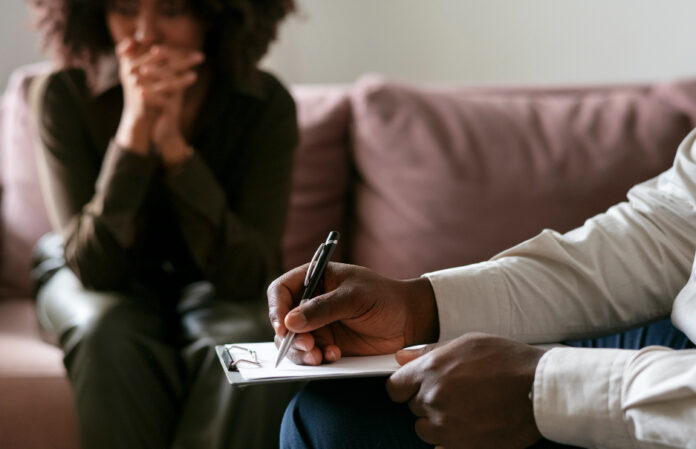NHS data shows 1 in 4 young people in England have a mental health condition—up 37% in a decade
A landmark NHS survey has revealed a shocking rise in mental health conditions among England’s young people, with one in four aged 16 to 24 now living with anxiety, depression, or similar disorders. The report paints a bleak picture of youth mental health—especially for young women—amid spiralling rates of self-harm, suicidal thoughts, and untreated illness.
According to the Adult Psychiatric Morbidity Survey, the rate of common mental health conditions in young adults has climbed from 18.9% in 2014 to 25.8% in 2024, marking a staggering 37% increase in just ten years.
Among those aged 16–24, the disparity between genders is stark: 36.1% of young women now report conditions such as anxiety, OCD, panic disorder, and phobias, compared to just 16.3% of young men.
“Young people are growing up worried about many aspects of their lives—from insecure jobs and housing to climate change and Covid-19,” said Sally McManus, lead researcher. “This generation has been disproportionately affected.”
The survey also sheds light on a broader mental health crisis affecting all age groups:
- 22.6% of adults aged 16–64 now have a common mental health disorder—up from 18.9% in 2014.
- Over a quarter of adults (25.2%) have experienced suicidal thoughts.
- Among 16–24-year-olds, that figure jumps to 31.5%, while self-harm rates have quadrupled since 2000.
- Alarmingly, 24.6% of 16–24-year-olds now report self-harming, with the figure soaring to 31.7% for young women.
Despite growing awareness, McManus dismissed concerns of over-reporting: “The data shows no evidence of exaggeration. If anything, we were likely underestimating these problems in the past.”
Access to treatment has improved—47% of adults aged 16–74 with common disorders now receive therapy or medication—but more than half of sufferers still go untreated. The situation is even worse for those experiencing gambling-related harms, most of whom receive no support at all.
Embed from Getty ImagesMental health charity leaders warned that the system is crumbling under pressure. Marjorie Wallace, chief executive of Sane, called the findings “a stark exposure of a system already in breakdown.”
The government is beginning to respond. Health Secretary Wes Streeting announced that patients can now self-refer to talking therapies via the NHS app, a move hailed as a “digital front door” for mental health services. He also confirmed the creation of 85 new mental health emergency departments across England.
But campaigners remain unconvinced. Dr Sarah Hughes, chief executive of Mind, said: “The trauma of the pandemic, the relentless cost of living crisis, and persistent racial inequalities have battered the nation’s mental health. Services are simply not coping.”
Claire Murdoch, NHS England’s national director for mental health, agreed more must be done. “We’ve made progress with talking therapies and digital access, but we need a societal shift and long-term investment to truly meet demand.”
Dr Lade Smith, president of the Royal College of Psychiatrists, echoed that call: “The data is clear. Demand is surging, and unless we invest urgently in the workforce and infrastructure, we will fail an entire generation.”
The study was conducted by the National Centre for Social Research, University of Leicester, and St George’s, University of London.
